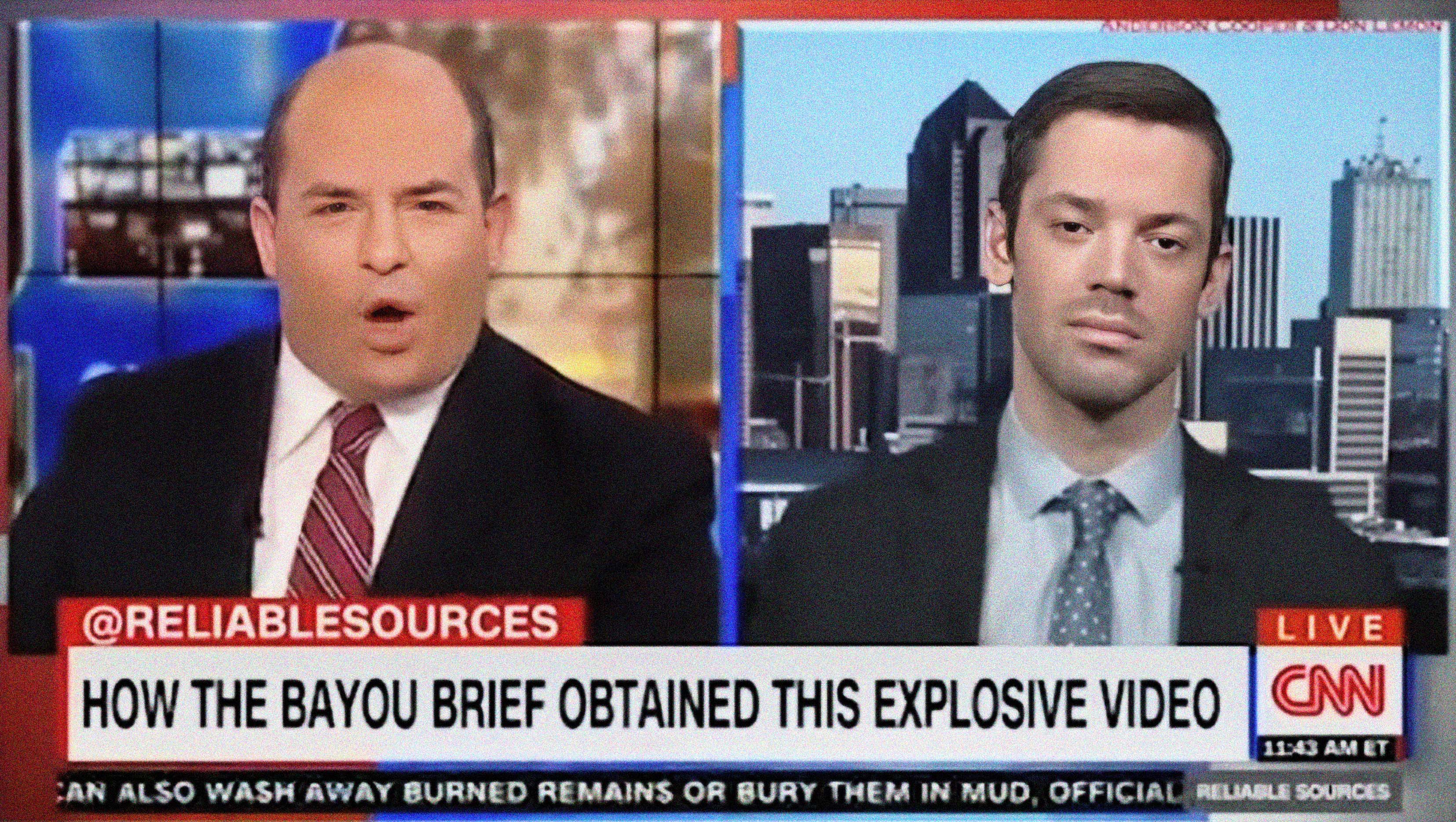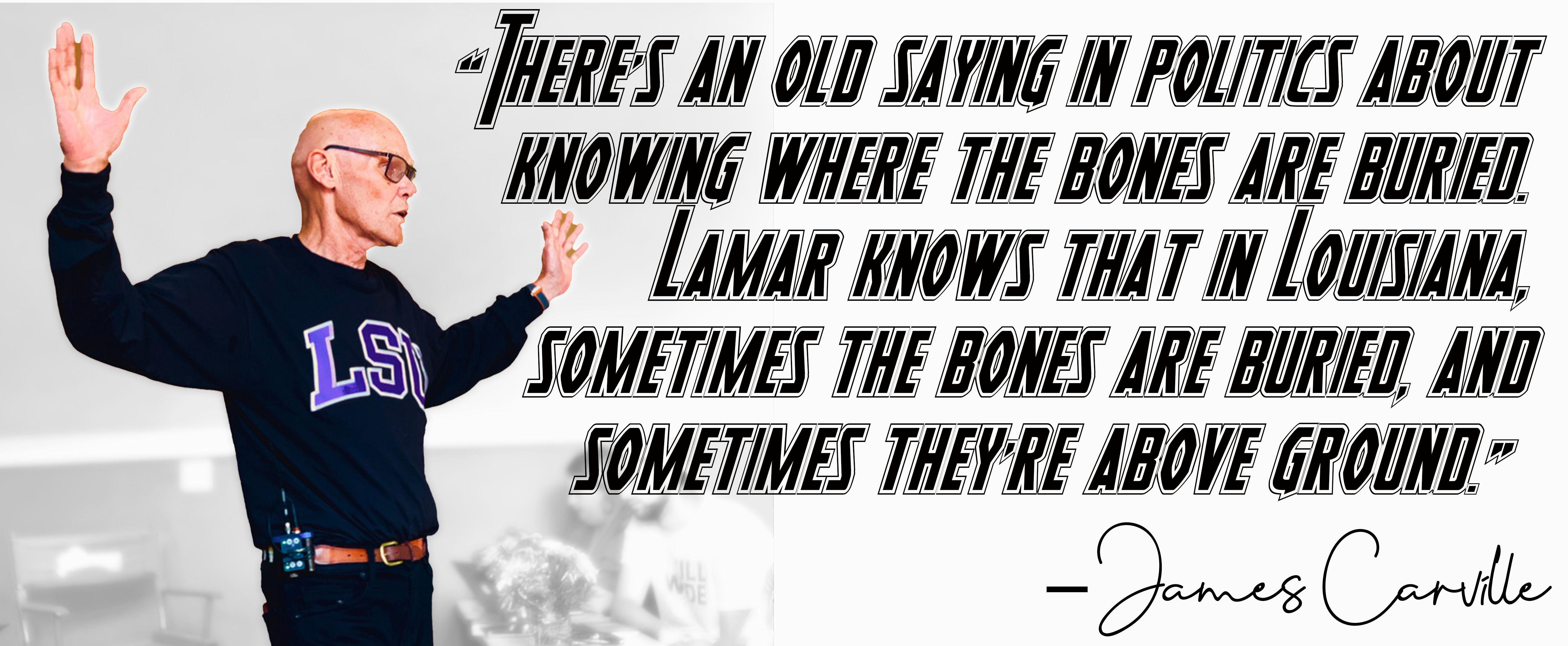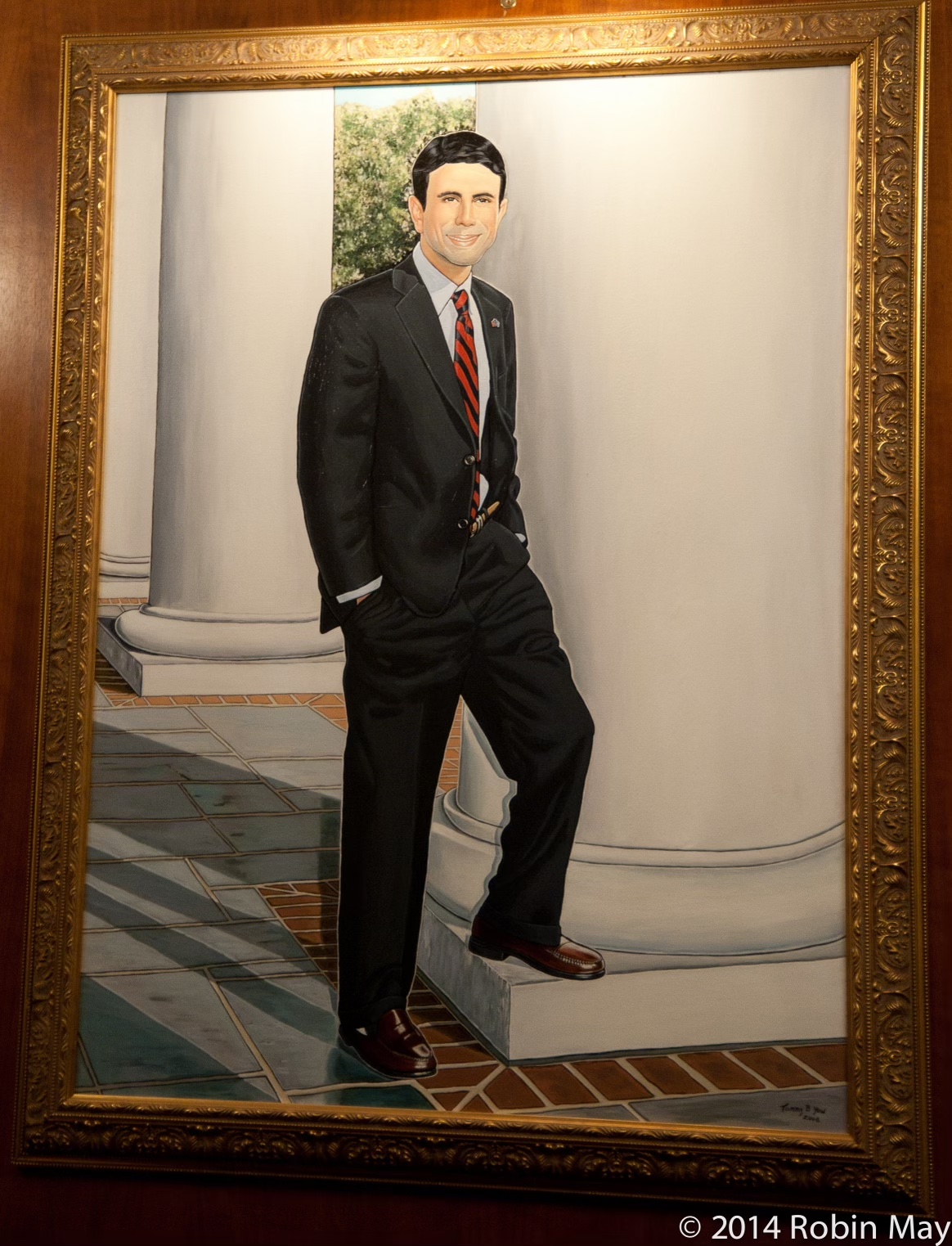
Southern Muckraker. Digital Media Pioneer. Investigative Journalist. Writer.
Charleston, South Carolina | New Orleans, Louisiana
“White best exemplifies the power of the pen and its ability to change the mighty.”

“White, a self-described Louisiana boy, has expanded his platform, joining a band of independent political bloggers who can drive coverage and threaten careers.”

“There are few people who can get to the heart of a policy matter faster—and describe it with more clarity and vision—than Lamar White.”
—Bob Mann, author of Becoming Ronald Reagan, Legacy to Power: Sen. Russell Long of Louisiana, and Daisy Petals and Mushroom Clouds.


About Lamar
Original Photography
(Warning: The following is a personal essay written in prose. For those who prefer an impersonal biography constructed around a series of bullet points, please download may resume.)
Lamar White, Jr.

For nearly two decades, I chronicled the people, the politics, the culture, and the history of my native Louisiana and the Deep South, building a rudimentary blog into a thriving digital journal and Louisiana’s very first statewide nonprofit news organization. Meanwhile, I also spent nearly six of those years serving as Special Assistant to Alexandria Mayor Jacques M. Roy and another four years in Dallas, where I earned a Juris Doctor from Southern Methodist University.
“Action speaks louder than words, but not nearly as often.” —Mark Twain
Born and raised in a small city at the crossroads of Louisiana, where the swamps of the Catholic south meet the piney hills of the Baptist north and Huey Long’s highways converge and then splinter apart in every direction, like a sunburst, an hour away where from anything else resembling urbanity and encased by the vast prairies and sugarcane fields that haunt the pages of Solomon Northup’s 12 Years A Slave, I learned as a boy, both from my paternal grandmother Joanne, former high school history teacher, and her sister Sue, who dedicated 78 of her 90 years rescuing Northup’s narrative from obscurity, that the truth always has a way of revealing itself. One only needs to look or listen, dig deep into the earth or reach up into the ether.
I wrote my first piece of advocacy journalism when I was six. It was a column for the newsletter of a Louisiana disability services nonprofit, a work of magical realism about how much I loved my physical therapist, Beth. At 17, during my senior year of high school, I penned missives against school uniforms and censorship for my hometown newspaper, The Alexandria Daily Town Talk, as a member of its “youth council.” I understood the power of words to persuade and inform, but I didn’t fall in love with the craft of writing until my freshman year of college, enrolling in a personal essay class only a month before my father suddenly died and discovering that words could be exponentially more powerful when they risked vulnerability. I would enroll in another ten creative writing workshops, a school record for an undergrad and a feat only made possible because of the two summers I spent studying at the New York Writers Summer Institute in Saratoga Springs.
By the time I graduated in 2005, I imagined a career writing fiction, but the tumultuous aftermath of Hurricane Katrina drew me back to Louisiana, where I worked with my mother, a real estate broker and property manager, to help displaced families secure affordable, short-term housing. The experience reawakened in me a passion for both my hometown and my home state and gave me a deeper appreciation of the work my late father had accomplished and the legacy he left behind as both a civic leader and a visionary real estate developer. I also knew that I was a writer, not someone built for the real estate business, though, in many ways, they both are about telling a story and sharing a dream.
On March 8, 2006, I launched a “blog,” CenLamar, an amalgamation of Cenla (for “Central Louisiana”) and my name, Lamar. I would be lucky, I thought, if more than 100 people read my work. As it turned out, however, my timing was fortuitous. Only a month prior, Facebook, which began a private playground for college students at exclusive schools, swung open its gates to the entire country—and soon, the entire planet. Just two weeks later, on March 21st, Jack Dorsey published the very first tweet. In those early halcyon days of social media, independent journalists could amass an audience simply by engaging with their own online network of (predominately) real-life friends, bypassing the traditional gatekeepers of print and television news and establishing credibility through direct interaction with readers and commenters.
By the end of the year, CenLamar had received an astonishing 100,000 readers, turning me into a kind of local news personality. As much as I may have liked to imagine otherwise, I understood that the site’s sudden success wasn’t simply attributable to my social media savvy or infectious writing style. I was also due to the staggering fall of the local newspaper, one of the countless papers across the country that was purchased and then decimated by the news conglomerate Gannett. The dearth of local news coupled with the proliferation of social media created opportunities for independent outlets and entrepreneurial writers.







Lamar White, Jr., J.D.
Charleston | New Orleans
All Rights Reserved © 2024





